Keywords: Search And Rescue
-
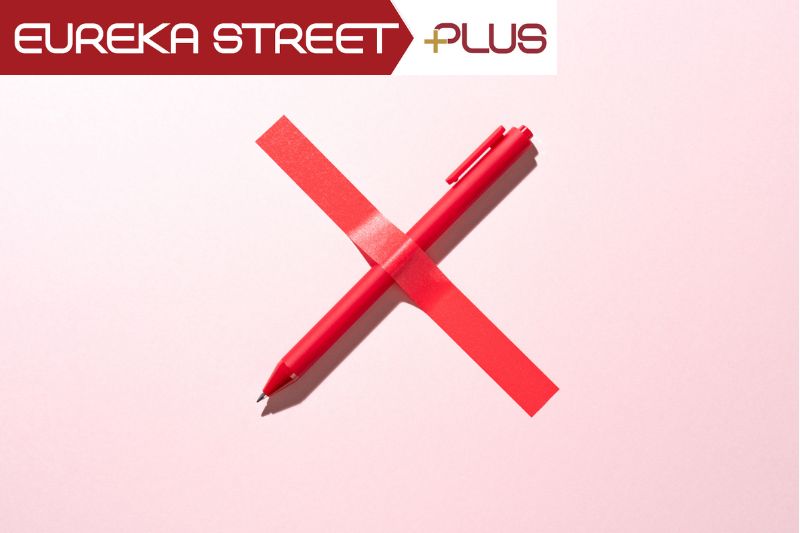
AUSTRALIA
- Kerry Murphy
- 05 July 2024
There is no doubt that laws for determining refugee status and onshore protection are complex. The cases of NZYQ and ASF17 demonstrate that when laws regarding asylum and protection intersect with laws regarding character and protection of the community, the results can be extremely messy.
READ MORE 
-
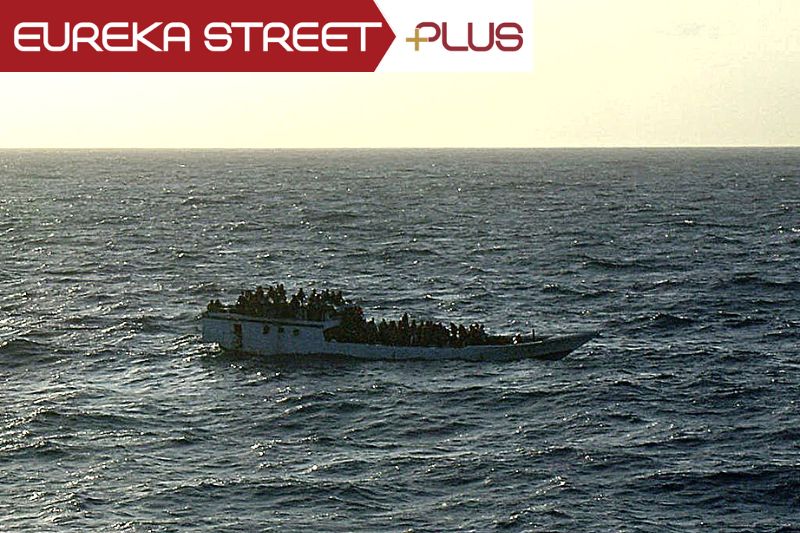
AUSTRALIA
- Kerry Murphy
- 04 January 2024
Throughout recent decades of Australian history, the stance every government has taken on asylum seekers has reflected the shifting political landscapes and challenging humanitarian issues that have continually shaped Australia's response to those seeking refuge.
READ MORE 
-

AUSTRALIA
- Kerry Murphy
- 28 July 2023
How has Australia's asylum seeker policy changed over the past thirty years? The approach of every government has reflected the shifting political landscapes and challenging humanitarian issues that have continually shaped Australia's response to those seeking refuge.
READ MORE 
-
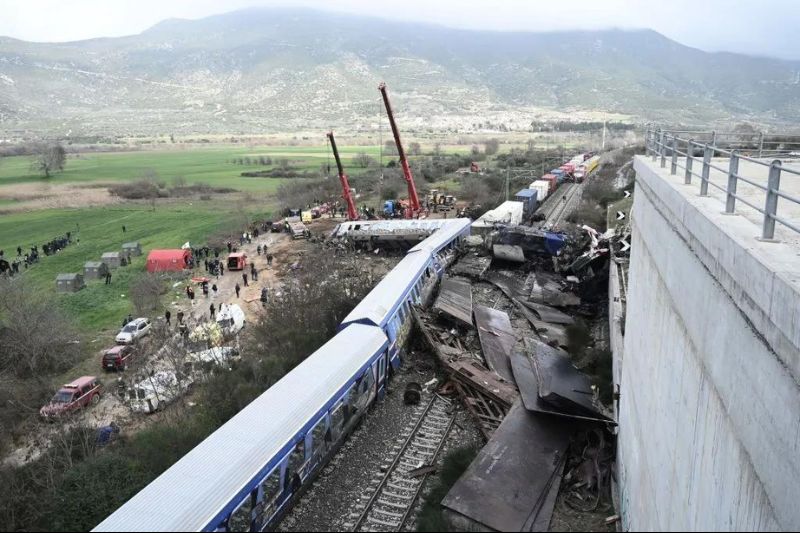
INTERNATIONAL
- William Gourlay
- 23 March 2023
1 Comment
The tragic train crash in Greece that claimed 57 lives has sparked an unexpected show of solidarity from Turkey. This is not the first time these two nations have come together in times of crisis, and despite a history of conflict and mistrust, recent events have brought the Greeks and Turks closer together, and intercommunality may be on the rise.
READ MORE
-
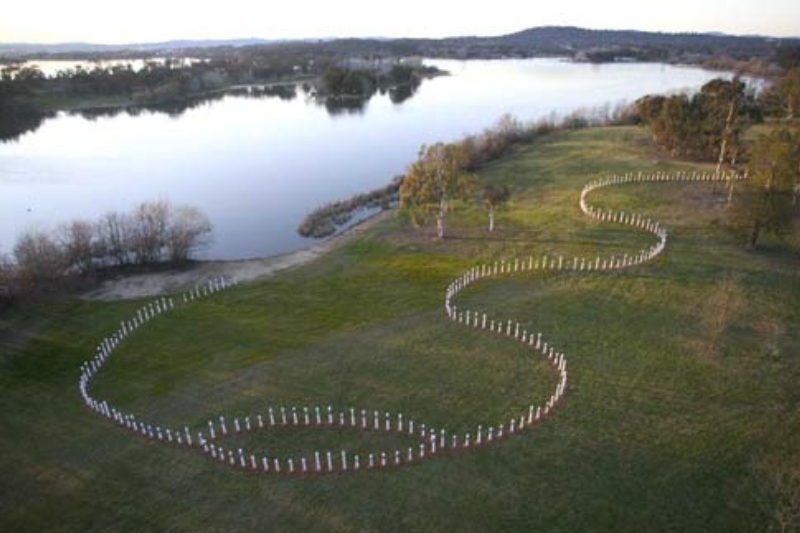
INTERNATIONAL
- Binoy Kampmark
- 01 November 2021
38 Comments
Two decades ago, an Indonesian vessel given the name SIEV X sank with loss of life that should have caused a flood of tears and a surge of compassion. Instead of being seen in humanitarian terms, the deaths of 353 people became a form of rich political capital, placed in the bank of opportunism to be amortised at a federal election.
READ MORE 
-
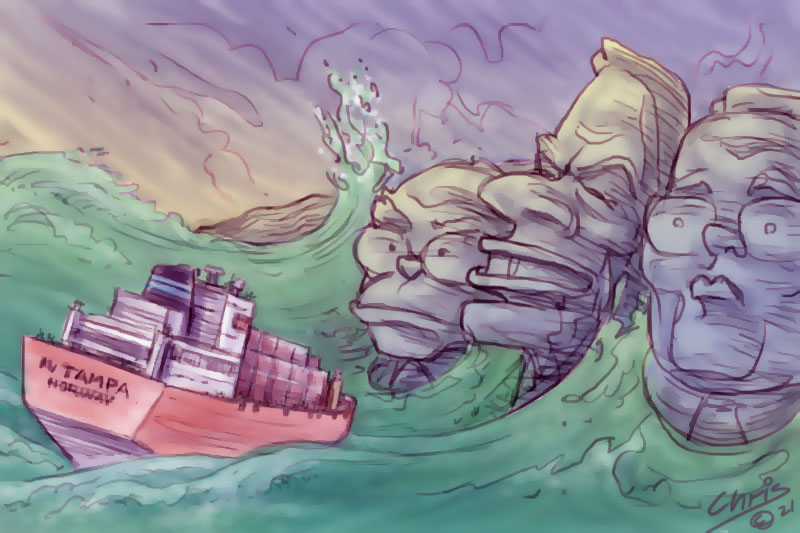
INTERNATIONAL
- Binoy Kampmark
- 07 September 2021
23 Comments
It took 438 desperate human beings upon the overladen wooden fishing boat, the KM Palapa, to present Australia’s Howard government in August 2001 with an electoral opportunity. At first, there was feigned ignorance from Canberra about any signs of desperation. The vessel, lacking power, lay some 100km off Christmas Island. Despite a coast guard plane noting men jumping up and down on the roof in a frenzy, nothing was initially done.
READ MORE 